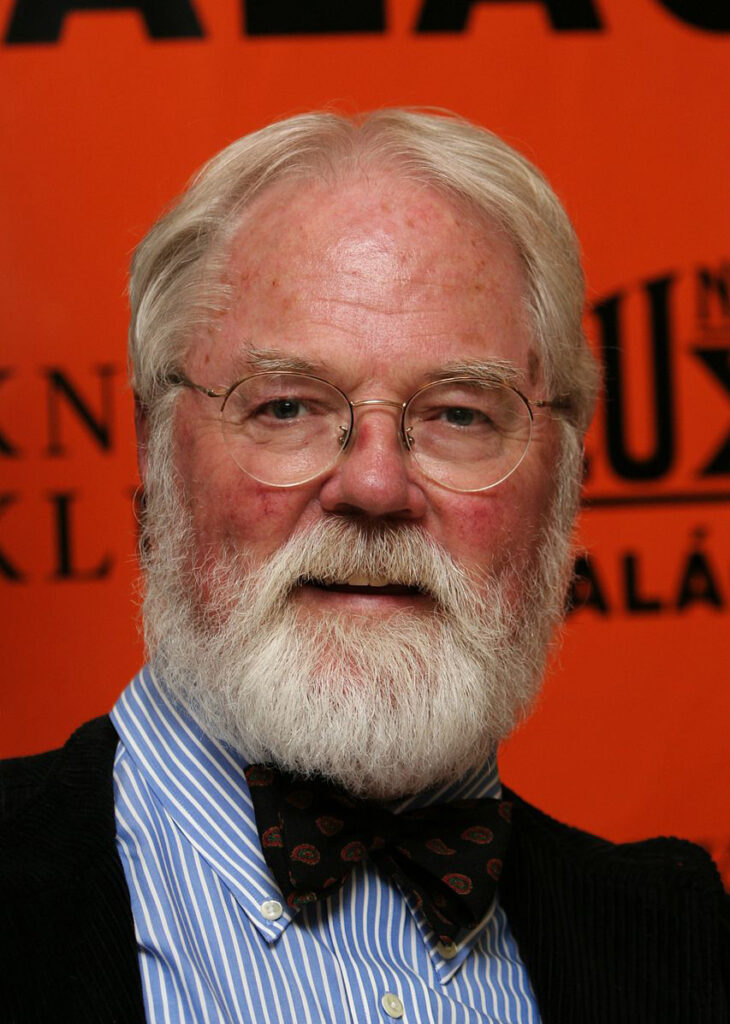Robert Fulghum may have found peace and purpose for us all when he posed a question to Alexander Papaderos, PhD Philosophy, during a lecture at the site of a Nazi massacre in Crete during WWII.
“What is the meaning of life?”
Fulghum queried Papaderos, the founder of a peace institute built on the site.
Alexander Papaderos was taking questions after his lecture attended by Fulghum.
The famous author, like the rest of the crowd, was horrified after hearing how the Nazis . . .

- decimated Papaderos’ village
- executed hundreds of the villagers
- threw Papaderos into a concentration camp
And now he stands before this crowd, calmly lecturing and taking questions about this unspeakable murder.
As Fulghum asks about the purpose of life, nervous laughter engulfs the daring question.
But Papaderos willingly answered Fulghum.
Asking for quiet, Papaderos pulled out his wallet and withdrew a piece of glass.
Growing up after the war, he played as a child at the massacre site and found broken pieces of a German motorcycle mirror.
Here’s the rest of his story.
“I tried to find all the pieces and put them together, but it was not possible, so I kept only the largest piece. This one. And by scratching it on a stone I made it round. I began to play with it as a toy and became fascinated by the fact that I could reflect light into dark places where the sun would never shine, in deep holes and crevices and dark closets. It became a game for me to get light into the most inaccessible places I could find.
I kept the little mirror, and as I went about my growing up, I would take it out in idle moments and continue the challenge of the game. As I became a man, I grew to understand that this was not just a child’s game but a metaphor for what I might do with my life. I came to understand that I am not the light or the source of the light. But light–truth, understanding, knowledge–is there, and it will shine in many dark places if I reflect it.
I am a fragment of a mirror whose whole design and shape I do not know. Nevertheless, with what I have, I can reflect light into the dark places of this world–into the black places in the hearts of men–and change some things in some people. Perhaps others may see and do likewise. This is what I am about. This is the meaning of my life.” It was on Fire When I Lay Down on It, Robert Fulghum
Years later, in post-war studies, Alexander Papaderos learned about another side of Germany: its long history and culture of poets, philosophers, and theologians.
Ultimately, he persuaded the Orthodox Church of Crete to establish an institute dedicated to research, education, and teaching about peace.
He had every reason to hate those who murdered his people.
Instead, he shines a light on peace and purpose.
Like Papaderos, you are favored with gifts and vision no one else has.
How can you use your gifts today?
Many are waiting to hear from you. Many will delight when they see it.
Stuck?
One change makes a big difference.
